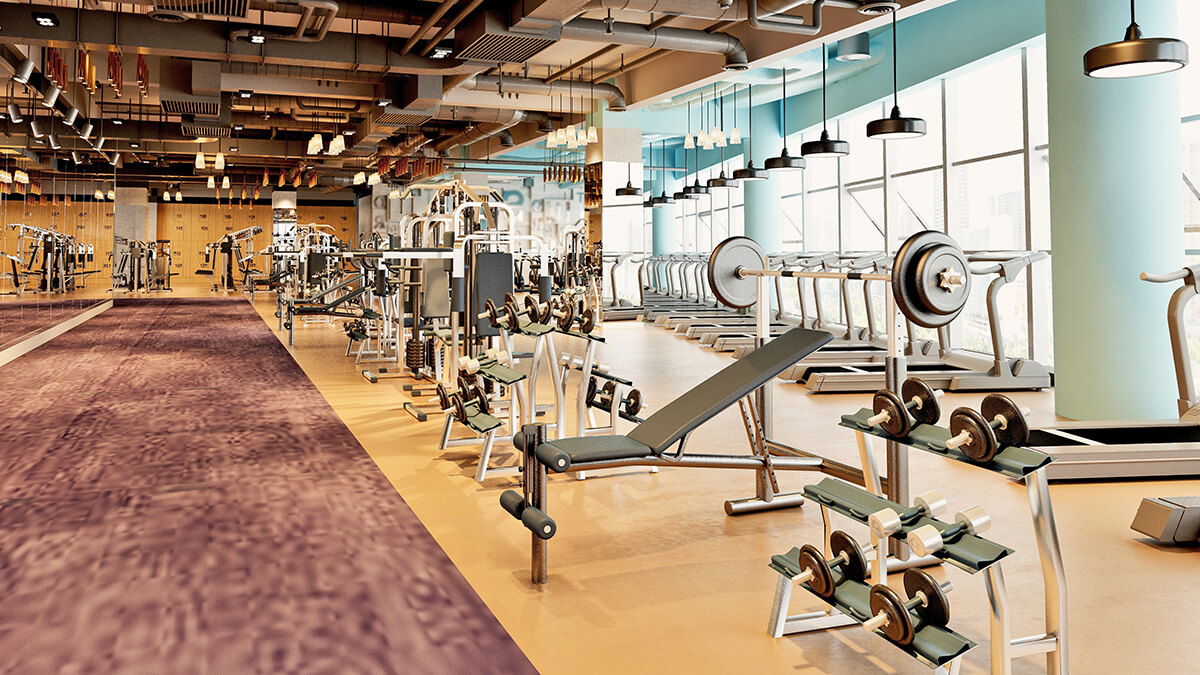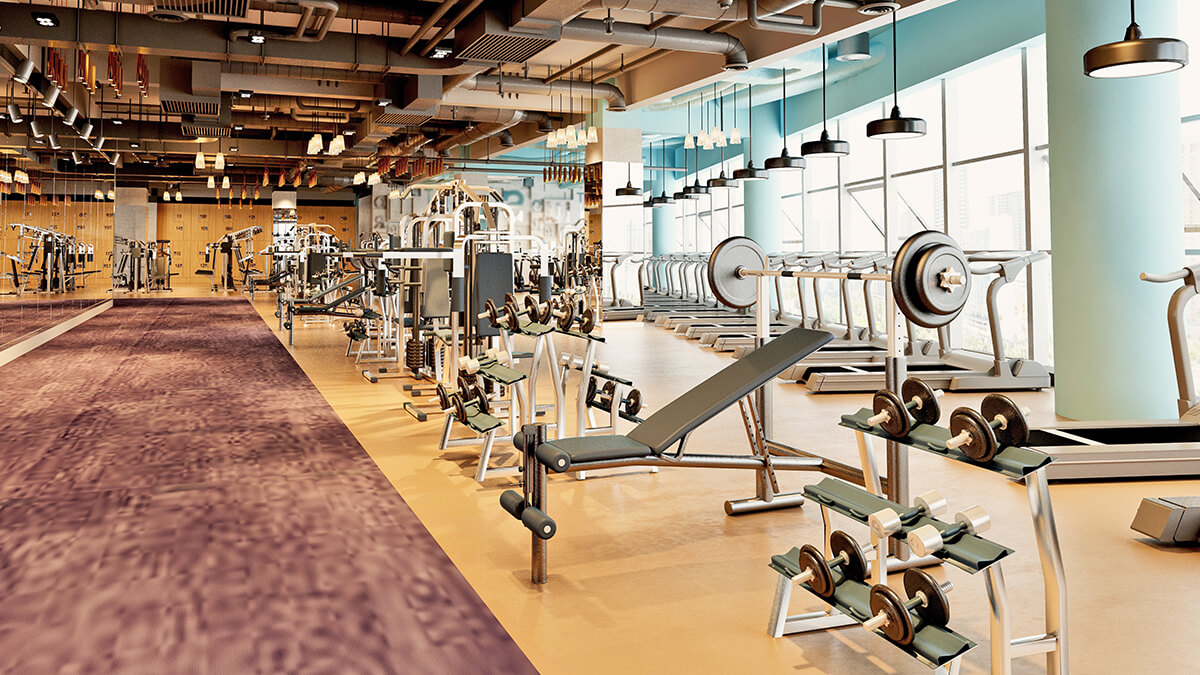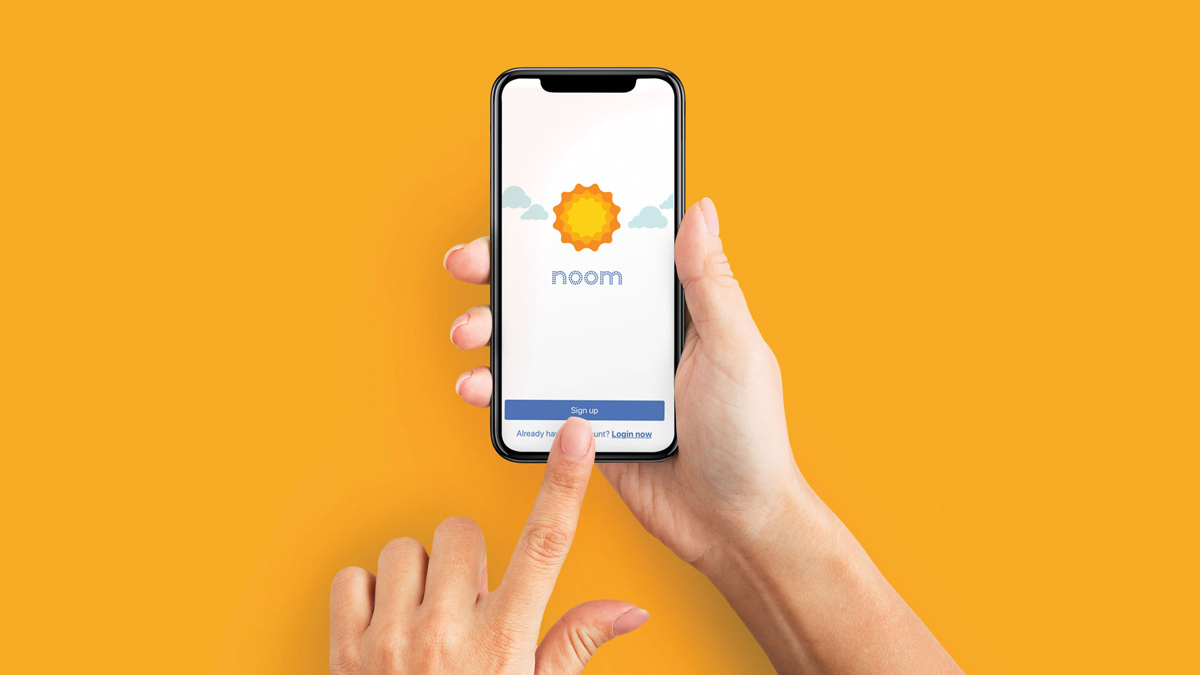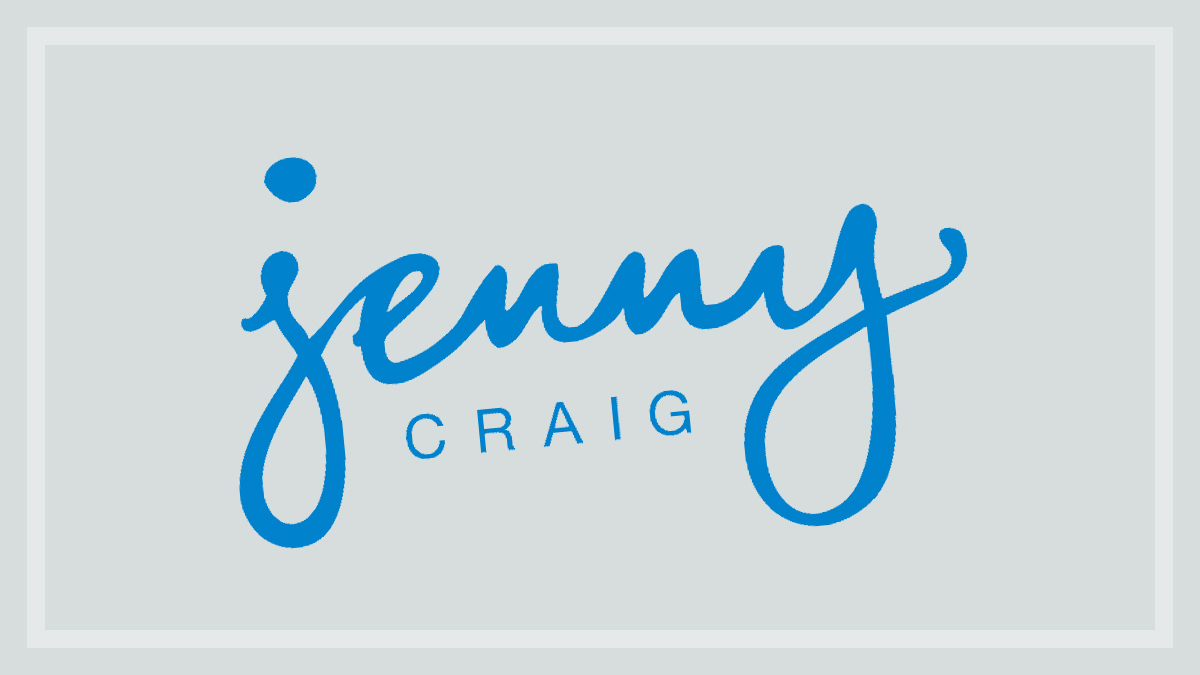Get our independent lab tests, expert reviews and honest advice.
Gym memberships and the coronavirus shutdown

Need to know
- Indoor gyms in Melbourne and the Mitchell Shire have closed for a second time under state government orders
- Under Australian Consumer Law, gyms can't keep charging you if they're no longer open – but it gets complicated when they're closed by the government
- Most major gym franchises are suspending fees and extending expiry dates, but smaller gyms may not have the means to do so
Can you still be charged for a service you’re no longer receiving?
The Australian Consumer Law (ACL) is pretty clear: businesses can’t keep taking your money for something they’ve stopped delivering. And the ACL, of course, applies to every business operating in Australia and trumps any individual policy a business might have.
When the nation first went into lockdown in March, many major gyms suspended fees and extended expiry dates.
But if you live in an area where there’s a coronavirus ‘second wave’, what happens to your payments if your gym closes its doors once again on orders of the government?
Even the Australian Consumer Law has caveats
CHOICE consumer advocate Jonathan Brown explains: “A business isn’t allowed to keep charging you for a service that they’re unable to provide. Your gym should offer you a suspension of fees or cancellation as they close. If you’ve paid fees in advance, talk to your gym about your options.”
But these are extraordinary times, and the ACL does have some caveats for when a service is stopped by the government and not by the business itself. If you’ve prepaid your membership, for example, different rules may apply.
Your gym should offer you a suspension of fees or cancellation as they close. If you’ve paid fees in advance, talk to your gym about your options
CHOICE consumer advocate Jonathan Brown
“Look closely at your contract and see what options are available – many gyms are providing proactive refunds or credit notes for future use,” Brown says.
It’s also important to know that many gym franchises are individually owned businesses, although their branding and other policies are controlled by the head offices.
Small business owners generally pay in the range of $200,000 to $300,000 to buy a gym franchise, money that is most often borrowed from a bank.
The owners’ loan repayments will continue during the closure, unless the bank in question offers some form of relief (as some are).
Gym owners may also be eligible for government payments aimed at keeping small businesses afloat during the pandemic.
As one small gym owner said in an email to his members during the March lockdown, “I like many others will continue to have a lease and ongoing expenses during the shutdown”.
One gym owner proposed a deal in which members would keep paying half their membership fees during the shutdown and have their fees cut by half for the same length of time when the gym re-opens
The owner proposed a deal in which members would keep paying half their membership fees during the shutdown and have their fees cut by half for the same length of time when the gym re-opens. The option will “assist me to cover expenses and help ensure we will have a gym to return to on the other side,” the owner wrote.
Then again, many households are under extreme financial duress as well, so it’s a question of affordability for many.

What are the big gym franchises doing during the metro Melbourne and Mitchell Shire lockdown?
Here’s the latest information about closures and ongoing payments for six of the biggest gym franchises in Australia by market share:
- Anytime Fitness: Memberships are on freeze for all affected gyms.
- Fitness First: All affected memberships will be put on ‘time freeze’ until the business re-opens. Expiry dates for pre-paid memberships will be extended.
- Snap Fitness: No members will be billed during the shutdown period at affected clubs.
- Plus Fitness: Member payments will be suspended for all affected gyms during the closure.
- Fernwood Fitness: All affected memberships will be put on hold until the gyms reopen. Any in-club services members have pre-purchased will remain on their account for use when their club reopens.
- Goodlife health clubs: Affected memberships will be frozen for the duration of the closure.
How to stop a direct debit
Most gym payments are direct debited from customers’ accounts these days, which actually puts the power in your hands – whether your bank knows it or not.
According to the Banking Code of Practice:
- you can ask your bank to cancel your direct debit request and they will promptly process this
- you can ask your bank to investigate an unauthorised direct debit and they will act promptly to assist you
- you won’t be told to raise the cancellation or complaint with the merchant you pay through the direct debit first, however, your bank may suggest that you also contact that merchant.
It all looks good on paper, but banks don’t have a great track record of sticking by the code. Only four of the 16 banks we mystery shopped in an earlier investigation adhered to the code’s stance on direct debits.
If you’re looking to support your local business by continuing to pay a small fee in exchange for online training or a refund down the road, that’s your call. And it may be the right one in these troubled times.
Only four of the 16 banks we mystery shopped in an earlier investigation adhered to the code’s stance on direct debits
As Plus Fitness points out on its website, “your Plus Fitness is owned and operated by a member of your local community. With small business being the lifeblood of our nation, we strongly encourage you to do everything you can to support all local businesses at this extremely challenging time.”
But we don’t think gyms should continue to keep charging you as the default option.
So if you want to get a gym membership direct debit cancelled and encounter some difficulties with your bank, quoting the banking code of practice should help motivate them to follow their own rules.


